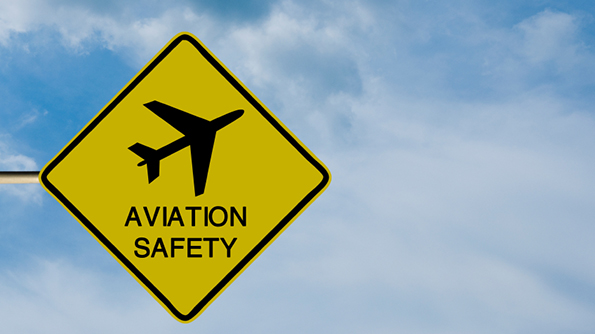BLOG
Navigating Through Safety Guidelines for Lithium-Ion Battery Transportation
Monday November 28, 2016

The Samsung Battery Issue
As more lithium-based batteries, which require extra safety precautions, enter the marketplace, we see more instances like the faulty Samsung mobile phone battery. The lithium battery-powered Galaxy Note 7 smartphone was officially recalled on September 15 by the Consumer Product Safety Commission after 96 cases of overheating and explosions were reported. The Samsung battery defect was associated with 13 reports of burns and 47 reports of property damage.
The problems have proven scary for airlines who fear a reoccurrence of incidents of overheating during flight and, potentially, the lithium-ion battery catching on fire.
Steps by the FAA to Improve Safety
In response to the problem, the FAA released a strong recommendation to passengers not to turn on or charge the devices while on a plane, as well as not to stow them in checked baggage.
Also, the FAA instructed passengers to disable any features that may accidently turn on the Note 7. A week later, the FAA officially banned the device from being aboard a plane at all due to the risks related to the lithium ion battery.
Reaction of the Department of Transportation
As for the Department of Transportation’s Pipeline and Hazardous Materials Safety Administration (PHMSA), their response to the battery safety issue has been to propose harmonizing U.S. hazardous material guidelines with international hazardous transport standards.
If these regulations are finalized, all American shippers and transporters of lithium batteries would have to follow them. One security update would require a new standard lithium battery mark for small lithium button cells and batteries across all types of transportation.
The Future of Lithium Battery Handling
With the goal to maximize safety, the FAA and Department of Transportation have both stepped up to protect aircraft passengers and airlines. Exactly how the American hazardous material guidelines will change has yet to be seen. In light of the recent issues with the lithium ion batteries in Samsung Note 7 smartphones, we wouldn’t be surprised to see even more stringent regulations in the future.
UPS and FedEx have both updated their air shipping regulations for lithium-based batteries, and continue to enforce stringent requirements.
At PTI, we help our customers navigate regulations that apply to their battery packs to make sure they are within compliance will all standards and regulations. We stay current on the issue here at ProTechnologies, Inc. and update our wide range of battery pack solutions and related products as required. We look forward to providing you more related industry updates soon.
0 Comments :
Contact Form
Latest Posts
- Mar 2020
- Get to Know PTI’s Custom Product Development Process Jan 2019
- A Successful 2018 at PTI Dec 2018
- A Spotlight on October’s Manufacturing Celebrations Oct 2018
- Rising Trends in the Medical Devices Industry Sep 2018

